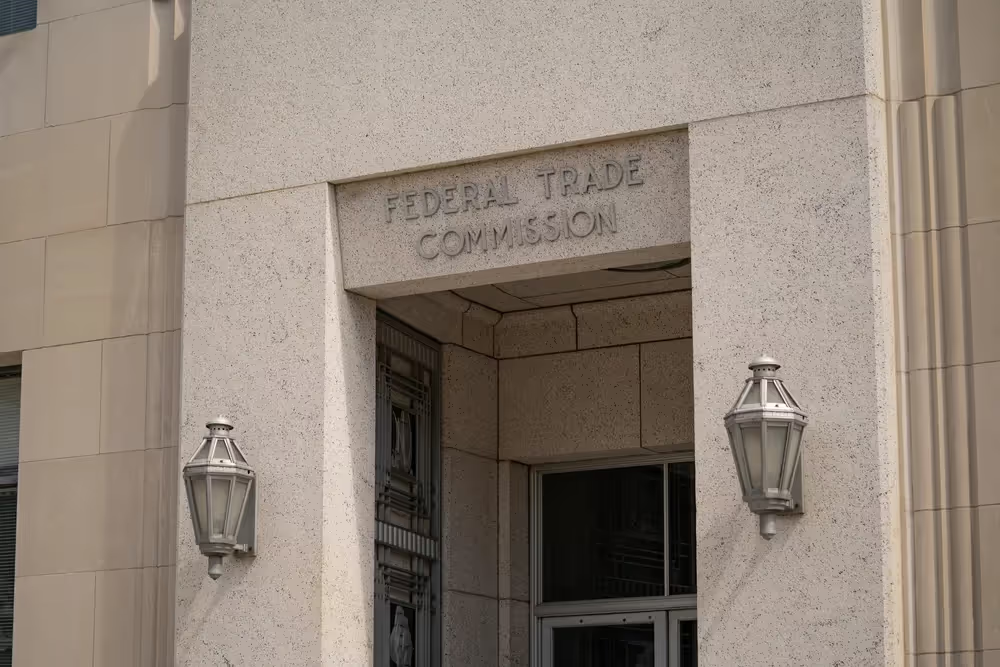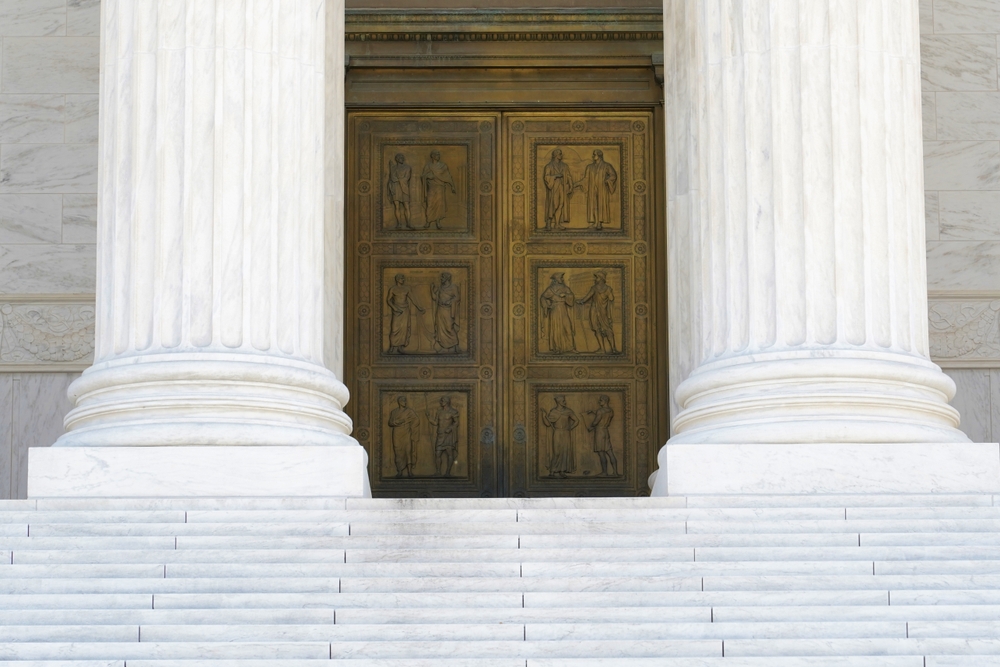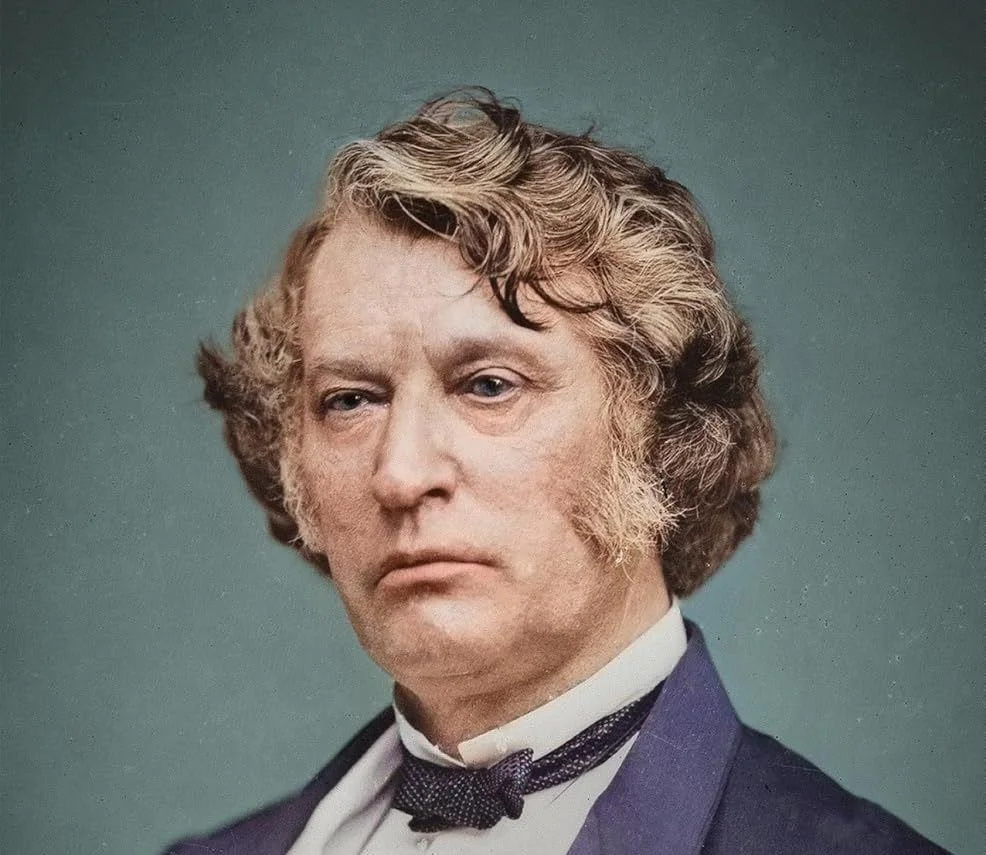
Congress Should Declare the FTC’s Rulemaking Authority
Congress has the power to clarify what powers the FTC has and should enact such clarifying legislation to remove any questions.
In January 2020, I made a presentation to the Federal Trade Commission (FTC) about rulemaking and questioned whether the agency has authority to promulgate substantive “unfair methods of competition” (UMC) rules. The FTC has authority through a process more difficult than usual to promulgate rules respecting certain consumer protection issues. But can it also issue substantive rules regulating competition in the marketplace? For example, can the FTC promulgate a rule banning or limiting noncompete clauses in employment contracts?
When I addressed this issue in 2020, it was academic because the FTC had not tried to issue such a substantive UMC rule for decades.
Much has changed since 2020. Under the direction of former FTC Chair Lina Khan, the FTC tried to impose a nationwide ban on most noncompete agreements. Specifically, in 2023, the FTC issued a notice of proposed rulemaking and call for comments respecting such a rule. Commissioner Christine Wilson dissented, challenging not only the wisdom of that broad policy, which she said “represents a radical departure from hundreds of years of legal precedent,” but also its legality. She “question[ed] whether the FTC Act provides authority for competition rulemaking,” as well as whether such a nationwide rule could survive the major questions or nondelegation doctrines.
The debate over whether the FTC has rulemaking authority is technical but important. The Federal Trade Commission Act in a section entitled “Additional Powers of the Commission” and in a subsection entitled “Classification of Corporations; Regulations” provides that “[t]he Commission shall also have power … [f]rom time to time classify corporations and … to make rules and regulations for the purpose of carrying out the provisions of this subchapter.” Does that provision empower the agency to promulgate substantive rules defining what “unfair” means for purposes of Section 5’s prohibition on “[u]nfair methods of competition in or affecting commerce”? Or does it simply allow the agency to make procedural rules? In 1973, the D.C. Circuit concluded the FTC can promulgate substantive rules. That decision has sparked a significant amount of debate.
Despite that debate, the FTC voted to finalize its noncompete rule in April of 2024, with an effective date in September 2024. By that time, Commissioner Wilson had left the agency, but Commissioners Melissa Holyoak and Andrew Ferguson both dissented, again strenuously challenging the FTC’s authority. Chair Khan (joined by Commissioners Rebecca Slaughter and Alvaro Bedoya) wrote a lengthy response.
As predicted by Commissioners Wilson, Holyoak, and Ferguson, the FTC’s noncompete rule prompted litigation. In July 2024, the North District of Texas preliminarily enjoined the rule’s enforcement, reasoning that “the text, structure, and history of the FTC Act reveal that the FTC lacks substantive rulemaking authority with respect to unfair methods of competition.” Shortly thereafter, the Eastern District of Pennsylvania denied a preliminary injunction, noting that nothing in statutory law “expressly limits the FTC’s rulemaking power to issuing exclusively procedural rules” and observing that substantive rulemaking power would effectuate “the goal of the Act and the FTC’s purpose.” The following month, the Middle District of Florida also issued a preliminary injunction. And shortly after, the Northern District of Texas finished its analysis and vacated the rule, thus precluding the FTC from enforcing the rule against anyone.
Shortly before the 2024 presidential election, the FTC appealed the Northern District of Texas’s decision to the U.S. Court of Appeals for the Fifth Circuit. After President Trump was elected, however, the leadership of the FTC changed. Now, the Chair of the FTC is Andrew Ferguson, who (unsurprisingly, given his prior statement) has taken the position that “the FTC lacked the statutory authority to issue the Rule.” Accordingly, on September 5, 2025, the FTC withdrew its notice of appeal. As Ferguson explained:
The Rule’s illegality was patently obvious. Commissioner Holyoak and I warned our Democrat colleagues at great length that the Rule was unlawful six ways from Sunday; that the Rule would never survive judicial review; and that the resources sunk into the Rule’s promulgation and defense would be wasted. We were ignored. The allure of press junkets and the praise of congressional Democrats was irresistible. And, as predicted, the courts swiftly invalidated the Rule. … [W]e will continue to enforce the antitrust laws aggressively against noncompete agreements. But we will leave the legislating to the people’s representatives in Congress and in the States.
While the status of her position was pending (President Trump fired her, a decision being challenged in court), Commissioner Slaughter dissented, and argued that rather than acceding to vacatur, the agency should “follow the legal process of notice and comment set forth by the Administrative Procedure Act” rather than “void[ing] this popular rule under cover of darkness by simply withdrawing from litigations.”
For the reasons I explained more than five years ago, any reliance on National Petroleum Refiners is hard to square with modern principles of statutory interpretation. As Richard Pierce, who knows more about administrative law than almost anyone, explained at the time: “I teach National Petroleum Refiners every year … as an object lesson in what no court, modern court, would ever do today. The reasoning is, by today’s standards, preposterous.”
On the other hand, one judge from the Eastern District of Pennsylvania disagrees that the FTC lacks such authority. Plus, as noted, some FTC commissioners have explained why they think that position is correct, as have scholars.
Accordingly, the FTC may try someday to promulgate a substantive UMC rule. Agencies, after all, often prefer to act by rule rather than case-by-case adjudication because it enables them to make broader pronouncements governing “broad classes of unspecified individuals.” Given the attractiveness of such authority for those hoping to make big policy changes and the fact that the arguments in favor of it have already been developed, future FTC leadership may try again.
Unfortunately, however, when that day comes, there will not be a post-1973 appellate decision regarding this question—let alone one from the U.S. Supreme Court. Because the FTC (unsurprisingly) has opted not to defend the noncompete rule, there is no vehicle for the appellate courts to address the legal question now. And because the current FTC leadership has taken the position that such power does not exist, it is unlikely that they will promulgate a rule using that power.
The upshot, therefore, is that years from now, we may well see a replay of the debates about FTC rulemaking when the agency changes leadership and tries again. Such an attempt will (again) require a great deal of agency resources and will (again) prompt litigation. True, district courts in the future may be more reluctant to issue broad preliminary injunctions, but presumably they will still be able to vacate rules. And at that point, after exhausting intermediate appellate review, the FTC and the public may finally get a definitive answer about the scope of the agency’s authority from the U.S. Supreme Court. In other words, questions about FTC power may hang over our heads well into the future.
There is no good way to solve this delay problem through litigation. Neither the Fifth Circuit nor the Supreme Court can act because there is no pending litigation to trigger appellate review.
Even though courts cannot solve the problem, there is a way to provide much needed clarity to the law: Congress can and should act. Congress has the power to clarify what powers the FTC has and should enact such clarifying legislation to remove any questions. No doubt, given the filibuster, lawmaking may be difficult. And because this question will not arise again for years, some in Congress may not think the issue is important enough today to warrant attention.
Such thinking should be resisted. The FTC is already one of the most powerful agencies. The idea that an ancillary and rarely used provision from the 1914 statute could be used to expand the FTC’s already broad real-world authority, and so fundamentally change how the FTC operates, should be addressed through legislation that reflects modern understandings of administrative law. The best policy answer, for example, may well be that the FTC should have substantive competition authority for some issues but not others, or that certain procedures should be required before the agency can use such authority. After all, so long as rulemaking is properly limited and procedurally constrained, scholars often favor rulemaking over case-by-case adjudication precisely because it is prospective (thus providing greater ability for the public to comply with legal obligations) and more amenable to public participation and broader collection of information (thus allowing for better policy). Or perhaps Congress, with an eye on today’s conditions, will strike a different balance altogether.
Alas, I’m not naïve enough to expect legislation. Instead, I suspect that years from now the Supreme Court will ultimately address the lawfulness of substantive UMC rulemaking. But if so, no one should be surprised when lawyers years from now find themselves dusting off legal briefs and law review articles to again argue about the FTC’s powers.
Aaron L. Nielson holds the Charles I. Francis Professorship in Law at the University of Texas at Austin School of Law. Before joining the faculty, Professor Nielson served as Solicitor General of Texas where he argued five cases in the U.S. Supreme Court and oversaw all appellate litigation for the State of Texas.
Constitutionalism

Amicus Brief: Hon. William P. Barr and Hon. Michael B. Mukasey in Support of Petitioners
Former AGs Barr and Mukasey Cite Civitas in a SCOTUS Brief

Rational Judicial Review: Constitutions as Power-sharing Agreements, Secession, and the Problem of Dred Scott
Judicial review and originalism serve as valuable commitment mechanisms to enforce future compliance with a political bargain.

Supreme Court showdown exposes shaky case against birthright citizenship
Supreme Court will hear challenges to Trump's order ending birthright citizenship, testing the 14th Amendment's guarantee for babies born in America.

Slavery and the Republic
As America begins to celebrate its semiquincentennial, much ink has been spilled questioning whether that event is worth commemorating at all. Joseph Ellis’s The Great Contradiction could not be timelier.

Two Hails For The Chief’s NDA
Instead of trying to futilely plug the dam to stop leaks, the Court should release a safety valve.


.avif)










.avif)



